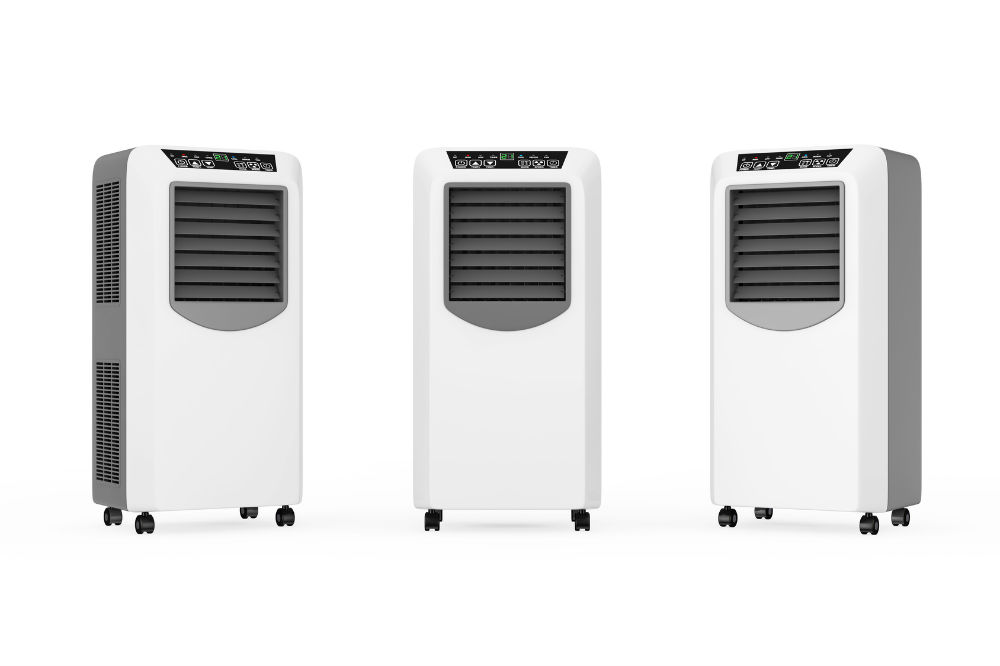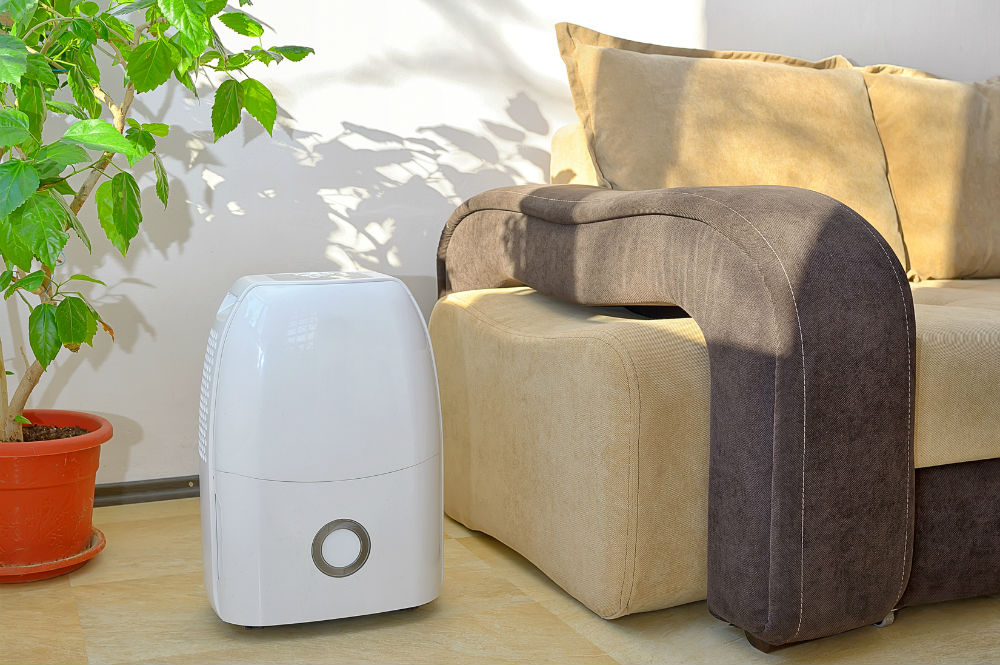There’s no question that dehumidifier can be helpful during hotter months, but is it worthwhile to try to use your dehumidifier during the colder months too?
There are a number of things to think about when it comes to using a dehumidifier in winter, including the effect that cold air can have on your machine.
If you’re looking to keep mold and other organisms out of your home during winter, there are some benefits that using a dehumidifier year round can offer.
This article is going to offer some information and advice for using a dehumidifier in winter that can help to keep your home less susceptible to condensation and keep your machine from freezing up. That way, you’ll be able to stay comfortable all year long.
Should you use a dehumidifier in winter?
In many places, the colder months can also bring more rain and wetness in the air. This can make it tempting to use your humidifier in the winter months as well as during the summer.
After all, who doesn’t want to avoid mold all year long?
While it is possible to use a dehumidifier in winter, there are also some potential problems that you should keep in mind so that you can avoid any damage to your dehumidifier. Naturally, the cold weather can bring a few more complications than typical summer usage so it’s a good idea to have some precautions in place.
One of the biggest issues you’ll need to avoid is that the coils in the dehumidifier can freeze up in colder temperatures, causing damage to the machine. If the air you’re trying to pull the water from is too cold, the dehumidifier may have a harder time with the process and in many cases, it can even stop working.
If you’re keeping your dehumidifier in an area that will be well heated, then this won’t be something you need to worry about but don’t expect to be able to just let it run in any temperature without problems.
How can a dehumidifier help in winter?
In many places, humidity in winter can be just as bad if not worse than it is in summer. In order to avoid mold growth over the colder months you may want to use your dehumidifier to keep the air in your home dry and comfortable.
If you live in a place with warmer, more humid winters then a dehumidifier can be especially helpful and you won’t have too much of a worry about the coils in the dehumidifier freezing up as it draws in the air.
If you have a basement that is able to be heated, then keeping the dehumidifier in there during winter can help to keep the air dry and be a convenient way to heat your home with the rising heat.
A dehumidifier can also be used for drying laundry and keeping it from getting a musty smell from being damp for too long. If this is something you often use your dehumidifier, then it may help to keep the clothes and dehumidifier in a smaller, well heated room so that the dehumidifier won’t have any problems.
There are also some dehumidifiers that are more resistant to freezing coils than others, so if you’re looking for a dehumidifier that you can use in winter, make sure you seek one out that will be less likely to have problems in a colder climate.
How can you keep it running well in winter?
Make sure you check on the dehumidifier regularly during the winter months. You’ll want to check, empty out or clean the dehumidifier bucket as usual, but also check the coils to make sure everything is working normally.
Cold air can be dangerous for a dehumidifier, so you’ll want to do whatever you can to make sure it’s able to continue working normally. Otherwise, you may end up having to replace it or pay to have it fixed.
The most important thing to keep in mind is the temperature of the air in your home, and the climate of the area you live in. In climates where snow and ice quickly build up in the winter, it’s unlikely that you’ll have to worry as much about mold or condensation in your home as long as you maintain some basic practices that help keep humidity down, such as running a fan in your bathroom after a shower or bath. Undesirable pests such as mold have a more difficult time growing at such cold temperatures, so it becomes less of a problem overall.
Otherwise, if you live in a more temperate area where the winters tend to be a little bit warmer and more wet, a dehumidifier can help greatly. It may take a little more effort on your part to make sure cooler air doesn’t do any damage to the machine, but it may be worthwhile to keep the air in your home drier and more comfortable.
It may be a good idea to take a look and see what the cost of replacing the coils in your dehumidifier might be, or if it will be easily possible for the model of dehumidifier you have.
Conclusion
While using a dehumidifier in winter can be helpful if you live in a particularly humid area, it can also be more of a challenge due to the colder air. The risk of freezing the coils in your machine can sometimes make using your dehumidifier too difficult to offer much of a benefit.
It’s important to keep in mind that the air around your dehumidifier will need to be kept warm enough to allow the dehumidifier to remain in a working condition.
Keeping your dehumidifier in a smaller, heated room or in a heated basement can be great ways to allow the machine to do its job without the risk of the coils in the dehumidifier getting frozen, causing it to stop working altogether. You may also be able to find a dehumidifier that is less prone to freezing up during the colder months, which can be incredibly helpful.
I’m a degreed ME (mechanical engineer) who is passionate about machines of all kinds. I created MachineWonders.com as a way to connect with others who love machines like me – or need help choosing one for their needs, application, or situation.



